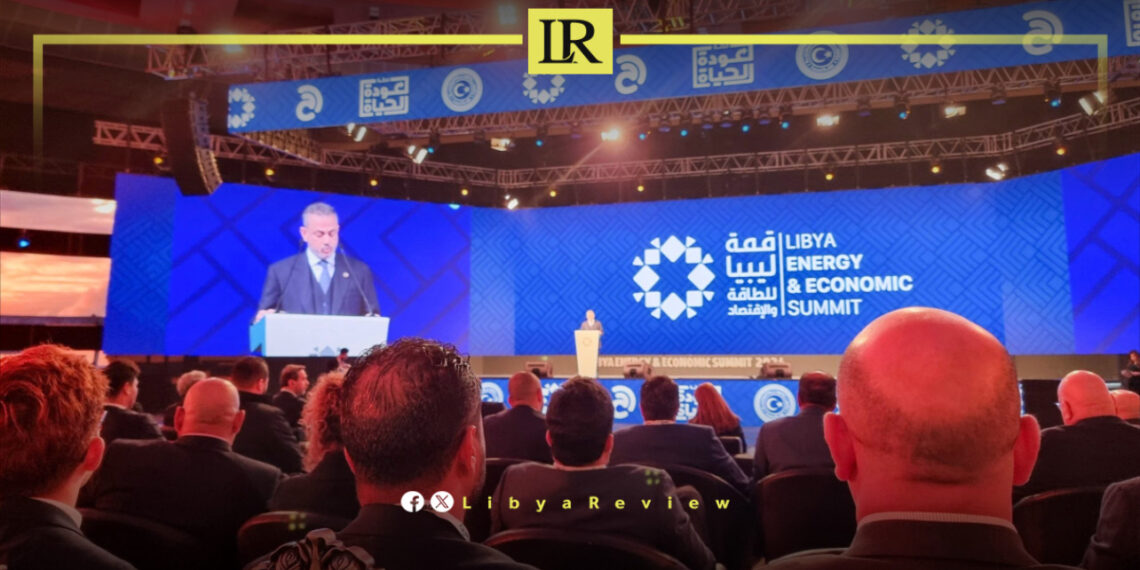Italy will host the second edition of the “Libya Energy and Economy Summit” on September 23rd, with participation from several companies affiliated with the National Oil Corporation (NOC) and leading private sector companies from both Libya and Italy.
According to the Italian news agency “Nova,” the summit will discuss prospects for exploration and development, outlining Libya’s role in the global energy landscape. It will explore opportunities for partnership and investment in energy generation, transmission, and distribution sectors, with special emphasis on increasing renewable energy production and collaboration with Europe.
The agency added that the summit is set to return to Tripoli in 2025 for its third edition, bringing together global investors, project developers, and financiers with local stakeholders in key sectors of the Libyan economy.
The summit aims to attract international investment in Libya’s oil and gas sectors, as well as renewable energy projects like solar power. It will serve as a platform to discuss the development of new partnerships and improve Libya’s energy infrastructure.
One of the key projects on the agenda is the Southern Refinery Project in Fezzan, which aims to address the local fuel crisis and stabilize oil production. Discussions will also cover renewable energy projects, such as a 500-megawatt solar power initiative in collaboration with Malta to export clean energy to Europe.
Italy has been Libya’s largest oil importer for years, importing around 14.5 million tons of Libyan oil in the first quarter of 2024 alone, according to Nova’s report.
The first edition of the “Libya Energy and Economy Summit” was held in Tripoli in 2021.
Libya has been in chaos since a NATO-backed uprising toppled longtime leader Muammar Gaddafi in 2011. The county has for years been split between rival administrations.
Libya’s economy, heavily reliant on oil, has suffered due to the ongoing conflict. The instability has led to fluctuations in oil production and prices, impacting the global oil market and Libya’s economy.
The conflict has led to a significant humanitarian crisis in Libya, with thousands of people killed, and many more displaced. Migrants and refugees using Libya as a transit point to Europe have also faced dire conditions.
The planned elections for December 2021 were delayed due to disagreements over election laws and the eligibility of certain candidates. This delay has raised concerns about the feasibility of a peaceful political transition.
Despite the ceasefire, security remains a significant concern with sporadic fighting and the presence of mercenaries and foreign fighters. The unification of the military and the removal of foreign forces are crucial challenges.


